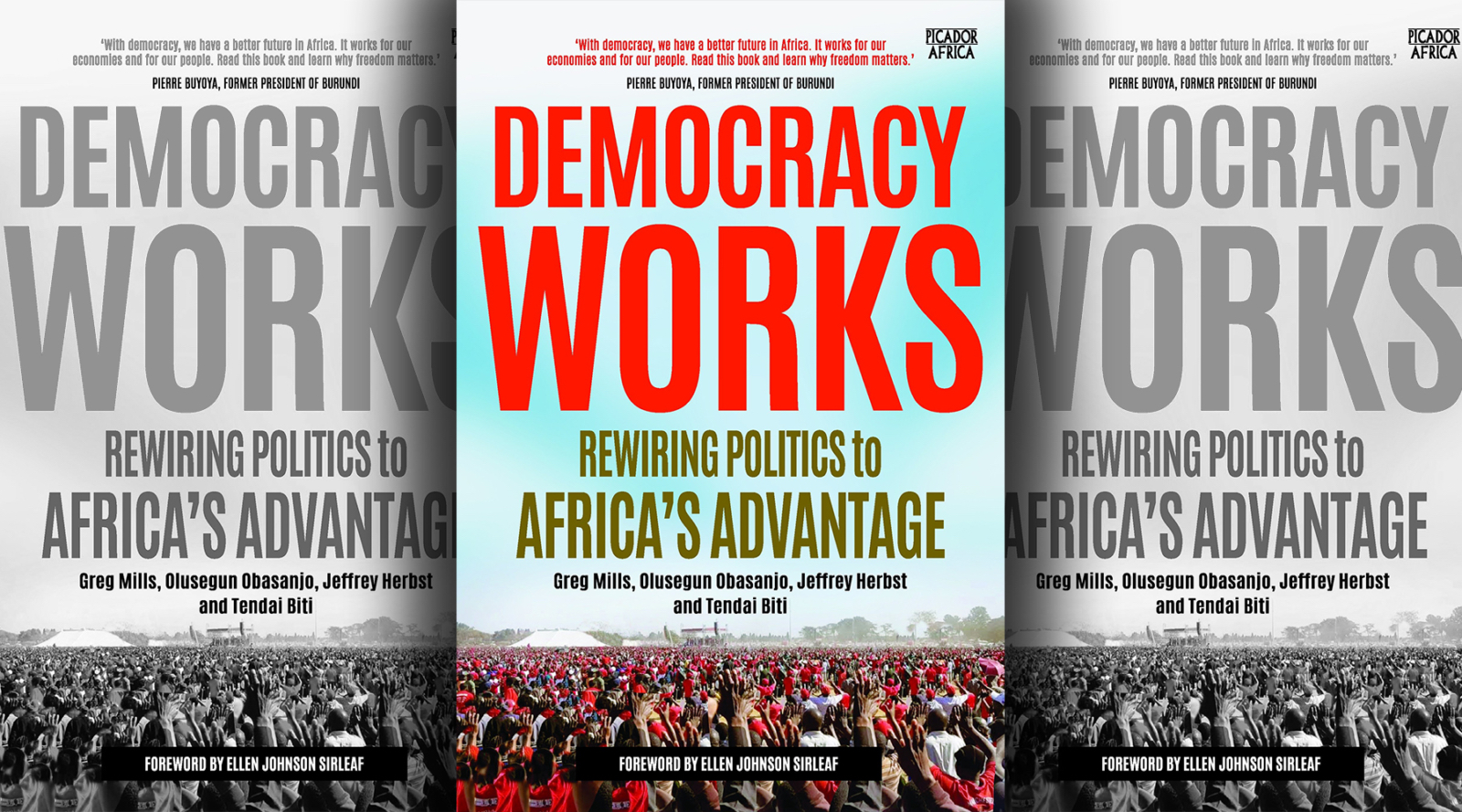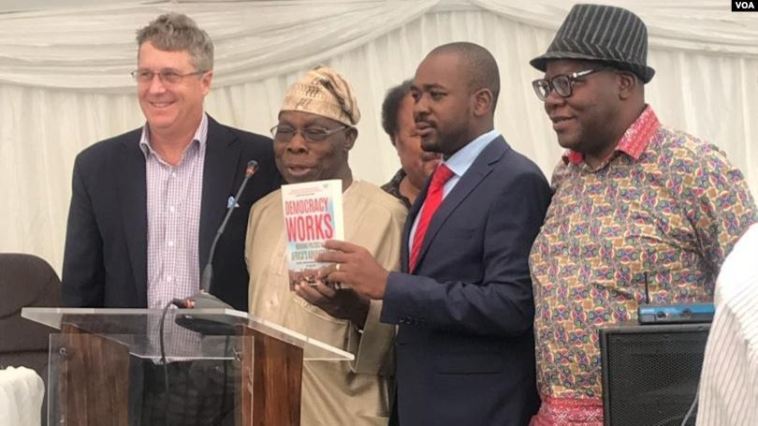News
Democracy the best way to prosperity for Africa, experts tell UJ conference
'Free countries grow faster, in part because they are diversified', said Mills.

In the age of populism, democracy has come under the spotlight as a possibly ineffective method of governance around the world, holding a precarious place in Africa. In a newly published book Democracy Works, scholars and political practitioners argue that there is no viable option, and that for Africa, democracy has to happen at election time — and long after, too.
Democracy in Africa has been reduced to happening only during elections, rather than strengthening institutions to curtail centralised power, says Ellen Johnson Sirleaf, former president of Liberia.
Sirleaf was speaking at the Does Democracy Work for Business in Africa dialogue hosted by the University of Johannesburg Business School on Tuesday 26 March.
Sirleaf, who wrote the foreword for the newly published book Democracy Works, says “democracy has been on a long road to Africa”, but “it is not spread to all the many other things that are necessary” such as educating citizens about their rights and strengthening state institutions.
It was also about building institutions strong enough to ensure that all the rights that secure a democracy stay in place beyond elections, said Sirleaf.
Democracy’s journey in Africa began in the 1960s when the continent’s states started demanding independence. “Transformation has been tremendous,” said the former president, who acknowledged that “there are spots where it (democracy) is lagging behind and regressing”.
Sirleaf said democracy in Africa has so far been simply judged by a “peaceful transition to power” without proper attention to the legislature and parliament to ensure that they are “developed enough to check a president that has centralised power”.
Sirleaf said the real challenge was in going beyond that one standard of democracy to lay the foundations for democratic standards that would outlast one leader.
Former Zimbabwe finance minister Tendai Biti, co-author of Democracy Works, agreed, describing how democracy had been reduced to “free and fair elections” which the ruling government was able to manipulate into “a fiction of normative election”.
“Democracy cannot be judged in one day,” said Biti.
He explained how the government of Zimbabwe “weaponises” food — which is controlled by the party and distributed selectively — to influence elections. Biti said the media during elections were not free, state institutions were not independent, judiciaries were captured and emasculated by leaders and decisions were made at the office of the ruling party.
According to Biti, during their research for the book they discovered that “an enclave of 70% of people in Africa live in rural areas” and “less than 25% of sub-Saharan Africans have access to electricity”. The only solution to these issues was democracy, he said.
The move towards improving infrastructure, technology, better implementation and better per capita income on the continent would give people the right of choice through self-efficiency, Biti said.
“When individuals know their rights, they are willing to assert those rights,” he said.
Greg Mills, director of the Brenthurst Foundation and co-author of Democracy Works said that when he and Biti were researching the book, many people were calling for a “benign dictator” or simply putting forward “the end of democracy narrative”.
But after having interviewed more than 300 participants across the world, including policymakers, activists, and opinion makers, Mills said the book had revealed that there was no other better option than democracy. It is best equipped to introduce new ideas, to circulate talent in government, has certain checks and balances and is able to offer respect for human rights and values, said Mills.
Democracy Works is a sequel to the authors’ previous book, Making Africa Work. The second book was written because of the economic challenges facing Africa, said Mills.
With a projected population of 2.5 billion people in Africa by 2050, Mills says that the “old methods of solving Africa’s developmental issues have to end”.
Mills says the book shows that “the better the democracy, the higher the economic growth” in a country. Although democracy does not guarantee success, it is the system “more likely to achieve it”.
“Free countries grow faster, in part because they are diversified,” said Mills.
Sirleaf says the youth have a big influence on democracy, especially those who, because of technology, are asserting themselves and saying that their time has come.
However, there were no guarantees. Sirleaf said it was possible that another autocratic group might arise when the youth see that they have an opportunity to build up their own personal wealth.
When asked how citizens can be informed of their rights so that they don’t have to be victims of whoever takes power, Sirleaf said the “media needs to be less sensational and more informative”.
Speaking of her legacy, Sirleaf regarded the ending of a 15-year civil war and building infrastructure such as schools, roads and hospitals as some of her best achievements as president.
“Democracy propels a better economic performance and feeds back to make sure that democracy can be sustained,” said Sirleaf.
This article was originally published by Nkateko Mabasa on The Daily Maverick.


